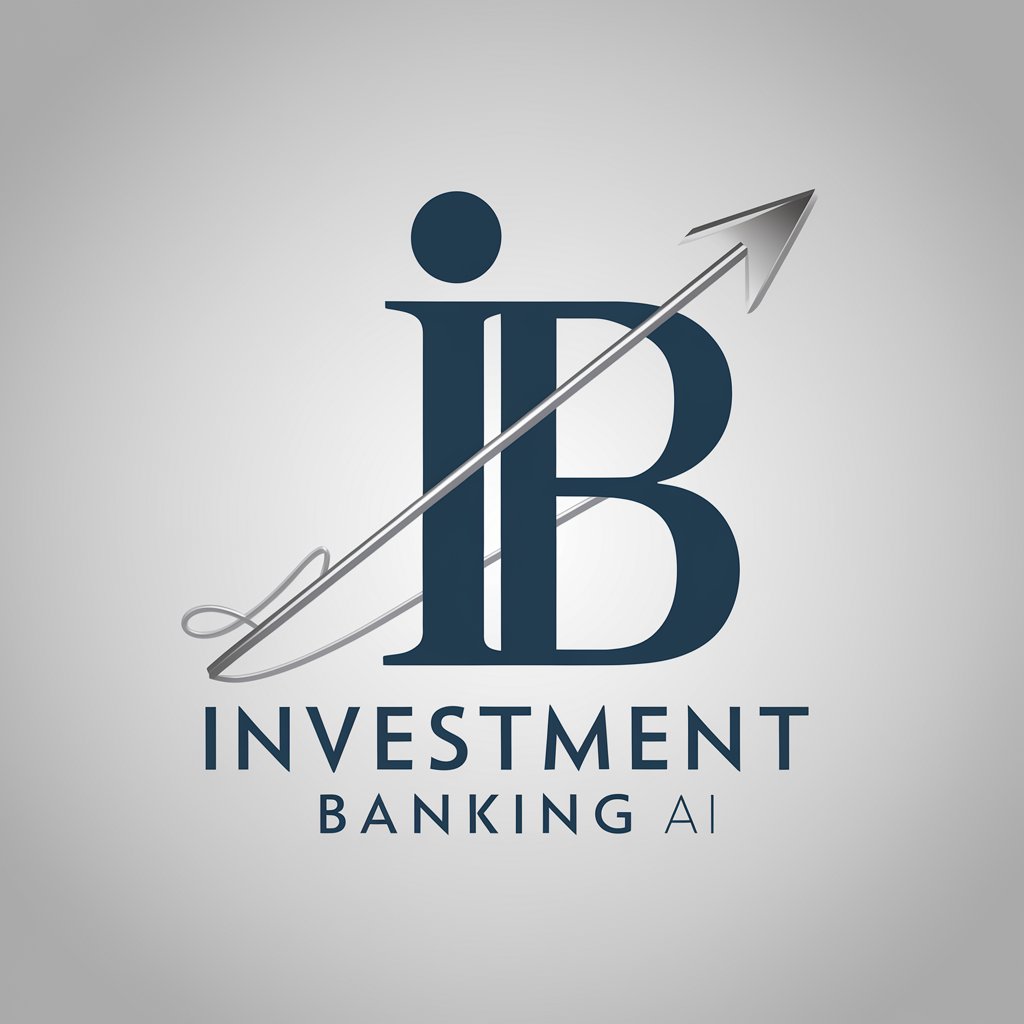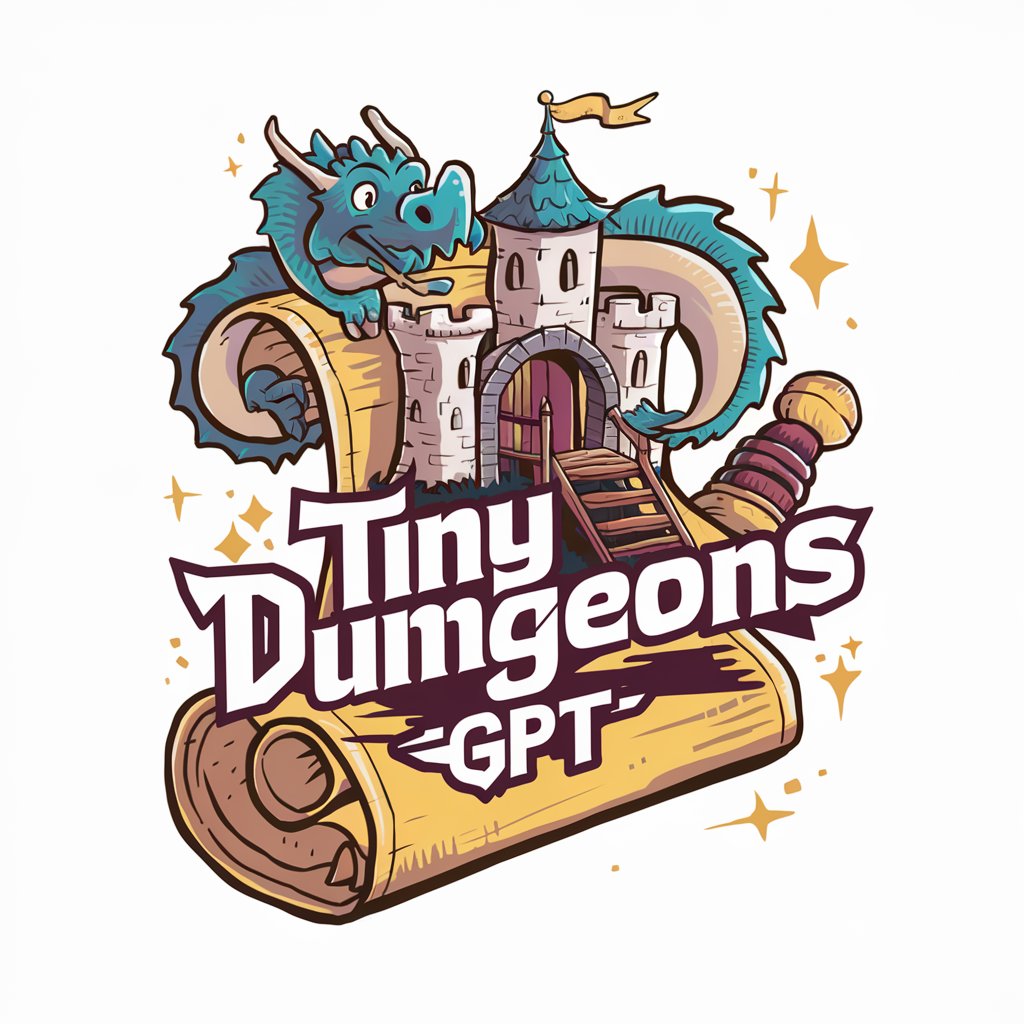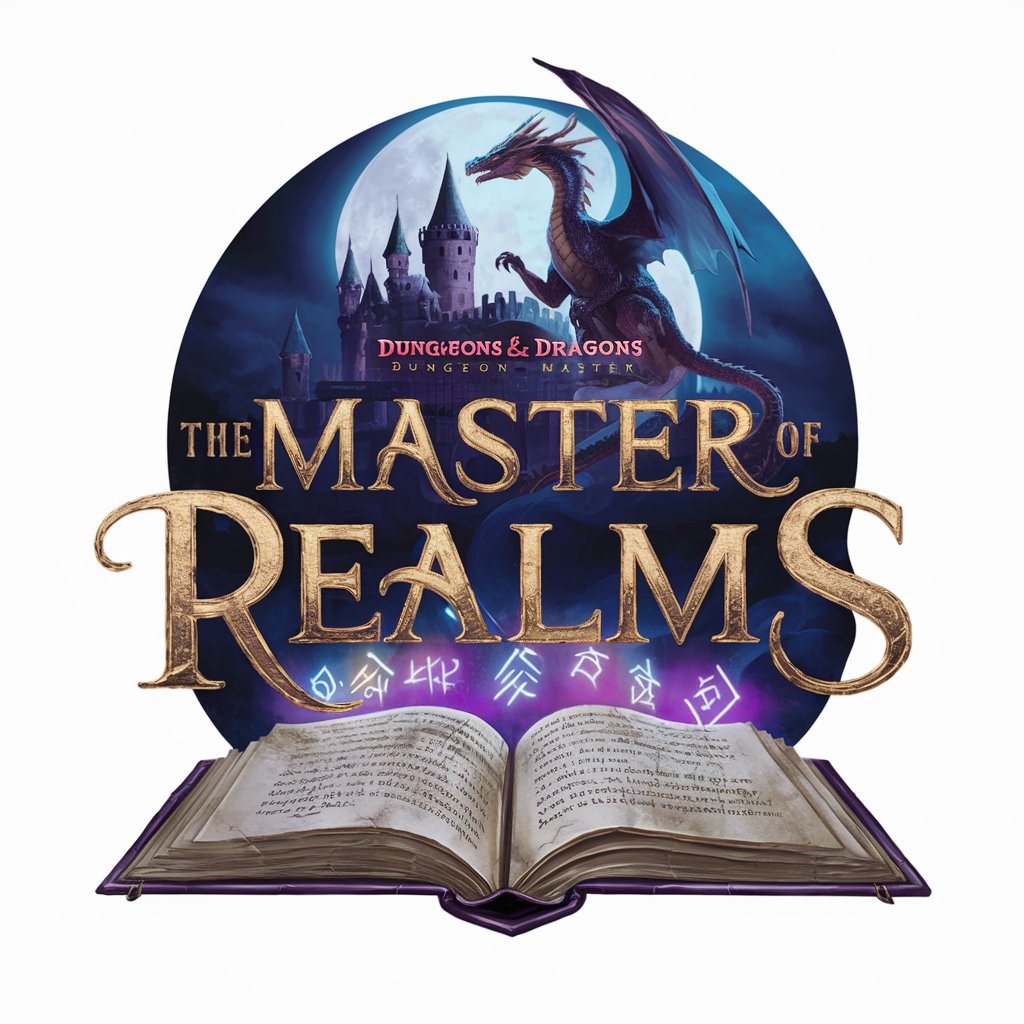Money and Banking - Financial Insights Tool

Welcome! Let's explore money and banking together.
Empowering Financial Decisions with AI
Explain the concept of the efficient market hypothesis in simple terms.
How do interest rates affect stock prices?
What is the difference between common stock and preferred stock?
Why is liquidity important in financial markets?
Get Embed Code
Understanding Money and Banking: An Overview
The domain of Money and Banking encompasses a broad spectrum of activities, institutions, and mechanisms that facilitate financial transactions and the creation, management, and regulation of monetary resources. At its core, Money and Banking involves the study of how money, a universally accepted medium of exchange, is created, circulated, and controlled within an economy. It also delves into the role of banks, financial institutions that accept deposits, offer loans, and provide various financial services, including currency exchange and wealth management. Through examples like the issuance of loans for purchasing homes (thereby creating money) and central banks' regulation of money supply to ensure economic stability, we can illustrate the pivotal roles played in both everyday transactions and broader economic health. Powered by ChatGPT-4o。

Key Functions and Real-world Applications
Facilitating Transactions
Example
Using debit cards to make purchases, thereby utilizing the banking system to facilitate daily transactions without the need for physical cash.
Scenario
When a person buys groceries, the payment is processed through the banking system, instantly transferring money from the buyer's account to the retailer's bank.
Wealth Management
Example
Banks offering savings accounts, investments, and insurance products to help individuals manage and grow their wealth.
Scenario
An individual opens a savings account with a bank to earn interest over time, securing and increasing their wealth gradually.
Credit Provision
Example
Banks assessing risk and providing loans or credit to individuals and businesses, enabling investment, consumption, and economic growth.
Scenario
A small business receives a loan to expand its operations, buy new equipment, and hire more staff, contributing to economic development.
Monetary Policy Implementation
Example
Central banks controlling the money supply and interest rates to manage economic stability.
Scenario
During an economic downturn, a central bank lowers interest rates to encourage borrowing and spending, aiming to stimulate economic recovery.
Who Benefits from Money and Banking Services?
Individual Consumers
Individuals utilize banking services for safekeeping of funds, everyday transactions, loans, and financial planning, benefiting from the convenience and security offered by banks.
Businesses
From startups to multinational corporations, businesses rely on banking for operational financing, managing cash flow, investments, and navigating economic fluctuations through various banking products.
Governments
Governments work with banks for the management of public funds, implementation of monetary policy, and financing of public projects, ensuring economic stability and growth.
Investors
Investors use banking and financial markets to allocate resources, diversify risk, and earn returns, contributing to capital formation and economic efficiency.

Using Money and Banking
Start with a Free Trial
Begin by accessing a free trial at yeschat.ai, with no requirement for ChatGPT Plus or login.
Explore Features
Familiarize yourself with the Money and Banking tool's features to understand its capabilities and how it can aid in financial analysis and decision-making.
Identify Your Needs
Clearly define what financial concepts, data analysis, or economic insights you need assistance with, to effectively leverage the tool.
Engage with Content
Interact with the system by asking specific questions related to money, banking, financial markets, or economic theories to get detailed and relevant information.
Apply Insights
Utilize the insights and information obtained from the tool to inform your financial decisions, academic research, or in discussions on economic and financial matters.
Try other advanced and practical GPTs
Real Estate Banking
Empowering your real estate decisions with AI

Banking Mentor
Sharpen Your Interview Skills with AI

Zoning GPT
Navigate zoning complexities with AI.

Zoning - Miami
Navigating Miami Zoning Made Simple

Zoning - Boston
Deciphering Boston's Zoning Complexity

Zoning - Kissimmee
Master Zoning Compliance with AI

Banking Exam Mock Test
Ace Your Banking Exams with AI-Powered Practice Tests

Investment Banking MD
Empowering investment decisions with AI

Tiny Dungeons GPT
Revolutionize Your RPGs with AI

Master of Dungeons & Campaigns
Crafting Epic Adventures with AI

On Mange Quoi
Craft meals with AI, from fridge to table.

Market Insight Analyst
Empower Your Investments with AI-Driven Insights

Questions and Answers about Money and Banking
What is the importance of understanding money and banking in the economy?
Understanding money and banking is crucial as it helps in comprehending how financial institutions manage money, how monetary policy influences the economy, and the role of banks in facilitating economic growth and stability.
How does the Federal Reserve influence interest rates and economic activity?
The Federal Reserve influences interest rates through its monetary policy actions, primarily by setting the federal funds rate, which in turn affects borrowing costs, consumer spending, and overall economic activity.
What is the difference between fiscal and monetary policy?
Fiscal policy relates to government spending and taxation decisions made to influence economic conditions, whereas monetary policy involves the central bank's management of money supply and interest rates to achieve economic objectives.
How do banks create money?
Banks create money through the process of lending. They accept deposits and then lend a portion of these deposits to borrowers, which increases the money supply in the economy.
What is the role of interest rates in financial markets?
Interest rates are a critical component of financial markets, influencing the cost of borrowing, the return on savings, and the valuation of assets. They act as a signal for economic conditions and monetary policy intentions.
